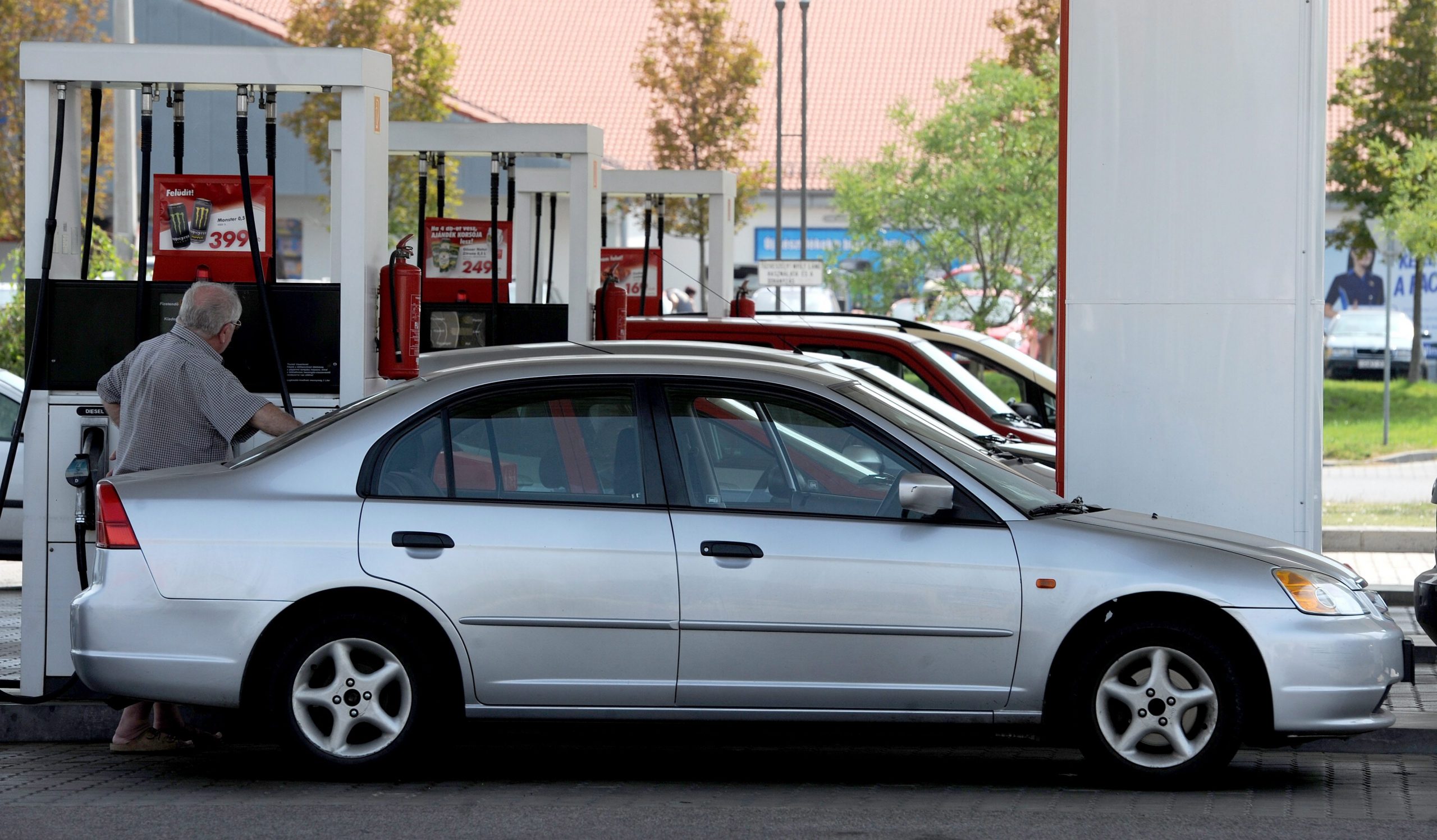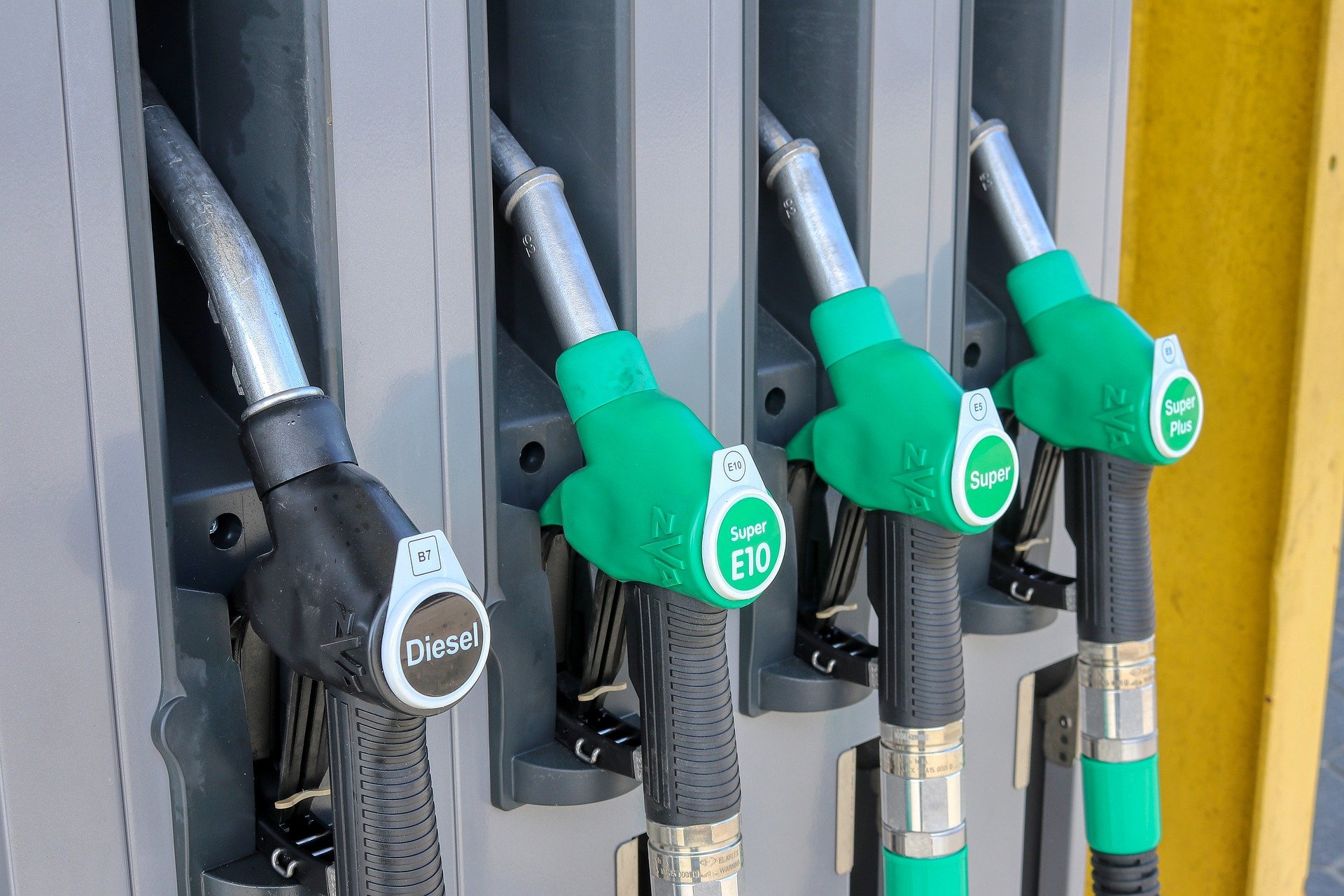
Fines range between HUF 100,000- 3 million without a possibility to appeal the punishment. Moreover, fines may be imposed more than once in a single day.Continue reading

Cheaper fuel prices are pushing more and more motorists from Slovakia to top up their tanks in neighboring countries, especially in Hungary and Poland, daily Új Szó reports. Meanwhile, Hungary’s recently capped petrol and diesel prices are so low that smaller pump stations in the country are struggling to stay in business.
Fuel prices in Slovakia have climbed to dramatic levels in recent months. According to the latest survey by the fuel website benzin.sk, the average price of a liter of diesel has been around EUR 1.43 in recent days, while the average price of unleaded-95 petrol has been around EUR 1.53. However, this is only an average, with the price of 95 petrol, for example, already reaching EUR 1.55 at gas stations of the larger filling station networks.
In Poland, where the government decided to cut taxes instead of introducing a price cap, the average price for a liter of petrol is EUR 1.15, while diesel price is EUR 1.16, so a Slovak motorist can easily save EUR 18 when filling their tank with 45-liters of petrol.
The situation is quite similar in Hungary. The government introduced a price limit on petrol and diesel last November in response to the Europe-wide soaring of fuel prices pushed by inflation, dramatic crude oil prices, and increasing demand. As a result, a cap of 480 forints (EUR 1.32) per liter of fuel was set for three months. (The government will decide whether to maintain or change the conditions of the price cap by February 15th).
According to the report by Új Szó, many people in Slovakia are now trying to take advantage of the limited fuel prices in Hungary.
Recently, more and more motorists of the country have been driving up to neighboring countries with trailers fitted after their cars, refueling several canisters of fuel at a time. The situation is so common, that even Slovakia’s Central Tax and Customs Agency has been forced to make a response, according to the article.
The office recently had to issue a statement warning everyone that a maximum of 10 liters of fuel are allowed to be imported in fuel cans tax-free into Slovakia from other EU countries.
Although many Slovakian motorists, along with Hungarian ones, seem to be happy about the officially capped petrol prices, Hungarian petrol stations are a lot less thrilled.
As we have reported, three gas stations have already closed in Hungary in the past week because of the official fuel price cap.
Liberal news site 444.hu asked a Hungarian gas station owner about the situation, who said he was very concerned. “There is much more traffic. More and more people are coming every day. It’s discouraging. I’m now hoping that people will go elsewhere to refill their tanks. At the fixed price, it’s not worth selling so much petrol. I can only hope we’ll survive this period,” said the petrol station owner.
The secretary-general of the Hungarian Petroleum Association also sharply criticized the limit on the price of petrol and diesel. “It would be best to stop the cap, even though rumors suggest it will likely be extended instead,” Ottó Grád told broadcaster ATV.
According to Grád, the real market price of petrol would currently be around 520-540 forints (EUR 1.47-1.53), which is why distributors are booking losses of 40-60 forints (EUR 0.11-0.17) per liter.
A loss of 50 forints per liter cannot be suffered in the long term, the secretary-general of the Hungarian Petroleum Association told ATV.
Featured photo illustration via Pixabay